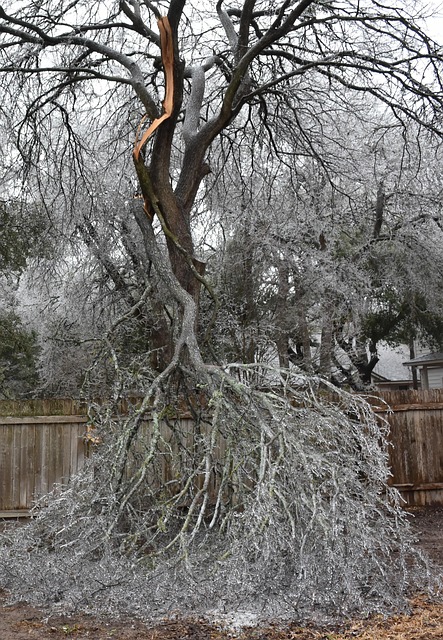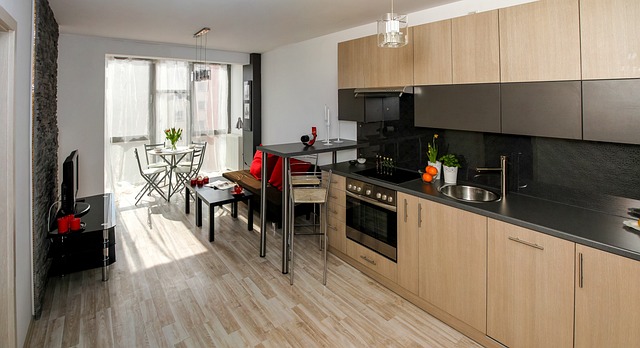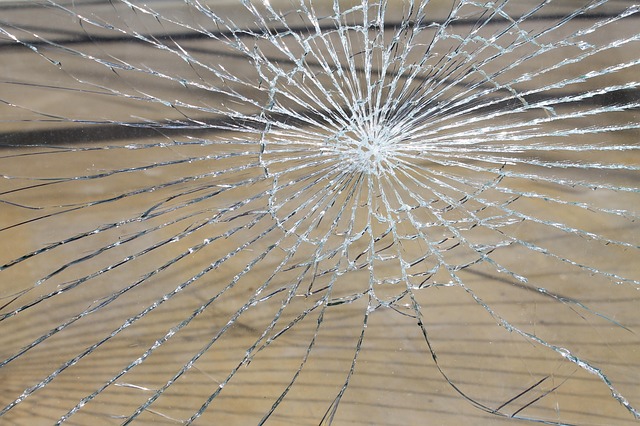Tenants have rights and protections regarding mold in rental properties. They should document any mold findings, notify landlords immediately, and inform themselves about state laws ensuring safe and habitable conditions. Landlords are responsible for regular inspections, addressing water leaks, and taking prompt action upon notification. Proactive tenant action includes thorough inspection of areas with moisture or musty smells, documentation through photos, and immediate reporting to protect their rights and security deposits. Understanding both tenant rights and landlord responsibilities is crucial in navigating legal mold issues and ensuring a healthy living environment.
Mold in Rental Homes: Protecting Tenants’ Rights and Understanding Security Deposits
Rental property mold is a significant concern for tenants, often leading to health issues and legal complications. This comprehensive guide aims to empower renters with knowledge about their rights and the legal protections against mold in rental homes. We’ll explore crucial aspects, from recognizing mold issues to understanding how tenant complaints about mold impact security deposits. By delving into these topics, we aim to navigate the complexities of rental property mold, ensuring tenants are aware of their entitlements and landlords fulfill their responsibilities.
- Understanding Rental Property Mold: A Comprehensive Guide for Tenants
- Tenant Rights and Legal Protections Against Mold in Rental Homes
- When to Act: Recognizing and Documenting Mold Issues as a Tenant
- Landlord Responsibilities: What They Owe You in Terms of Mold Remediation
- Navigating Security Deposits: How Mold Complaints Can Affect Your Payment
Understanding Rental Property Mold: A Comprehensive Guide for Tenants
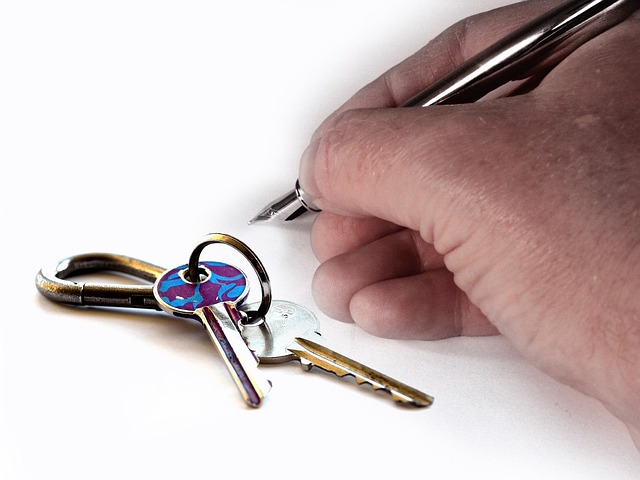
Understanding Rental Property Mold: A Comprehensive Guide for Tenants
Mold in rental homes is a significant concern that every tenant should be aware of. Rental property mold can pose serious health risks and lead to legal mold issues, particularly if it goes unaddressed. As a tenant, knowing your tenant rights mold and understanding the landlord responsibilities mold is crucial when dealing with this problem. Landlords are generally responsible for maintaining a safe living environment and should promptly address any instances of mold in rental properties.
When a tenant identifies mold in their unit, they have the right to report it to the landlord immediately. Tenant mold complaints should be taken seriously, and landlords must take prompt action to inspect, assess, and rectify the issue. This process often involves professional testing, remediation, and ensuring the property is safe for habitation. It’s essential to document all instances of mold through photos and reports for future reference and as evidence if legal action becomes necessary.
Tenant Rights and Legal Protections Against Mold in Rental Homes
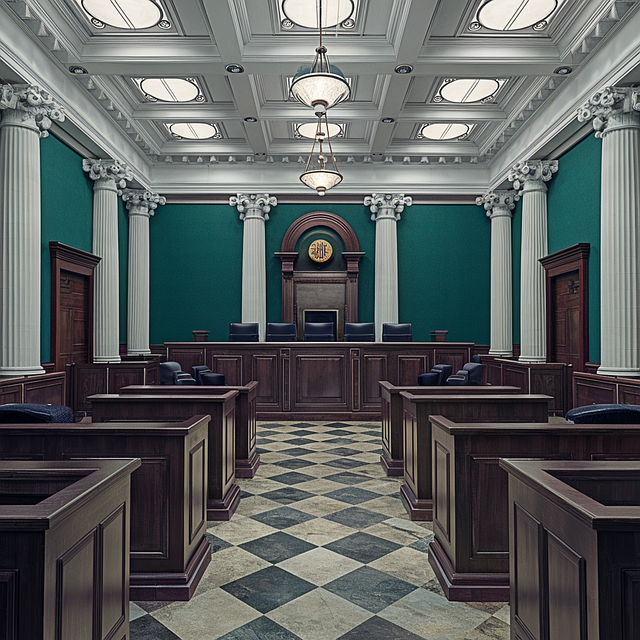
Tenants have specific rights and protections when it comes to dealing with mold in their rental properties. If a tenant discovers mold in their living space, they should first document the issue by taking photos and noting the date and location. It’s important for tenants to inform their landlord about the presence of mold promptly, as timely communication can help mitigate potential damage. Many states have laws that mandate landlords maintain safe and habitable conditions, which includes preventing and addressing mold growth.
Legal mold issues often arise when landlords fail to take appropriate action after being notified by tenants. Landlords are responsible for conducting regular inspections and maintaining the property, including addressing water leaks and moisture problems that can lead to mold formation. If a tenant feels their rights have been violated or their health is at risk due to mold, they can file a complaint with local housing authorities or seek legal advice to explore options such as repairing the issue, requesting compensation for damages, or even terminating the lease under specific circumstances.
When to Act: Recognizing and Documenting Mold Issues as a Tenant

As a tenant, it’s crucial to be vigilant about potential mold issues in your rental home. The moment you notice any signs of moisture or a musty smell, take action. Mold can grow hidden behind walls, beneath carpets, or inside cabinets, making it essential to inspect all areas of the property regularly. Documenting these issues is key; take photos and keep records of any visible mold, water stains, or areas of concern.
If you encounter mold in your rental, don’t hesitate to inform your landlord promptly. As a tenant, you have rights when it comes to unsafe living conditions, and mold-related problems can escalate quickly. Presenting clear evidence of the issue will help support your tenant rights and ensure that your landlord addresses the problem, ultimately protecting your security deposit.
Landlord Responsibilities: What They Owe You in Terms of Mold Remediation

When it comes to rental property mold, tenants have specific rights and protections, especially when it comes to health and safety. If a tenant brings up concerns about mold in their rental home, landlords are legally obligated to address the issue promptly. Landlord responsibilities for mold remediation include conducting thorough inspections, identifying the source of moisture or water damage that may be causing the mold growth, and implementing effective cleanup and prevention strategies. This could involve everything from hiring professional mold remediators to making necessary repairs to prevent future issues.
In cases where tenant mold complaints are valid and the landlord fails to meet these responsibilities, it can lead to legal mold issues. Tenants may have grounds for taking legal action if their health has been negatively impacted by mold or if the landlord’s negligence has resulted in significant property damage. Understanding these landlord responsibilities is crucial for tenants, as it empowers them to advocate for their rights and ensure their living environment remains safe and healthy.
Navigating Security Deposits: How Mold Complaints Can Affect Your Payment
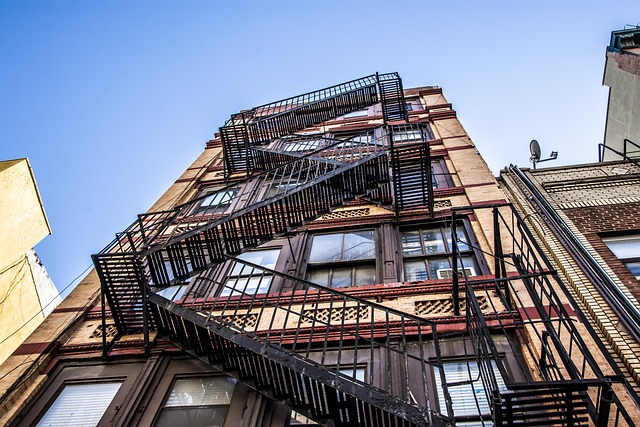
Navigating Security Deposits: The Impact of Mold Complaints
When a tenant discovers mold in their rental property, it’s crucial to understand how this issue might affect their security deposit. Tenant rights regarding mold are protected by law, ensuring that landlords are responsible for maintaining safe living conditions. If a tenant reports mold and provides evidence, they may be entitled to a reduced security deposit or even a refund, especially if the landlord was negligent in addressing the problem.
Landlord responsibilities for mold include prompt inspection and repair. A tenant’s complaint about mold can trigger a series of events where the landlord must demonstrate reasonable care in managing the issue. Legal mold issues can arise when there is a dispute over the cause or extent of mold damage, or if the landlord fails to rectify the situation promptly. Tenant mold complaints should be taken seriously to avoid potential legal repercussions and maintain a healthy living environment for all occupants.



